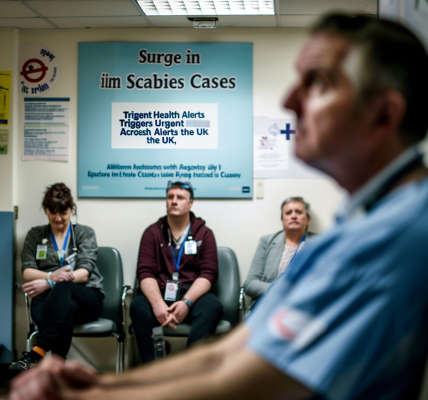Genomic medicine is leading a revolution in cancer care, with whole-genome sequencing at its core. This tool can sequence a person’s DNA in its entirety, providing a comprehensive test for potential genetic factors contributing to cancer development.
Cancer has become a significant global public health concern, with the World Health Organisation estimating a potential 60% increase in cancer burden over the next decade. In India alone, approximately 1.4 million new cancer cases are reported annually, highlighting the urgent need for advanced diagnostic and treatment approaches.
Advancements in genomic technologies, including initiatives like the Cancer Genome Atlas, have significantly enhanced the understanding of the molecular basis of cancer. This has led to the development of precision oncology therapies that target specific molecular defects, revolutionizing the approach to cancer treatment.
Precision oncology therapies, determined by molecular tests, have gained prominence, with almost a third of the U.S. Food and Drug Administration-approved therapies relying on DNA-based tests as biomarkers. Scientists are continuously identifying new biomarkers for cancers, with a growing focus on integrating genomic tests into standard cancer treatment protocols.
The U.K.’s ‘100,000 Genome Program’ recently published a study involving over 13,800 cancer patients, demonstrating the potential of cancer genomics to transform cancer care. The study indicated that integrating genome sequencing with routine clinical data could enable more personalized and effective cancer treatments, marking a significant advancement in the era of precision oncology.
At the heart of this transformative shift is whole-genome sequencing, capable of analyzing a person’s entire DNA, comprising 3.2 billion nucleotides, in a single comprehensive test. The comprehensive sequencing and in-depth analysis hold immense potential for enhancing the understanding and treatment of cancer, paving the way for more personalized and effective interventions.





